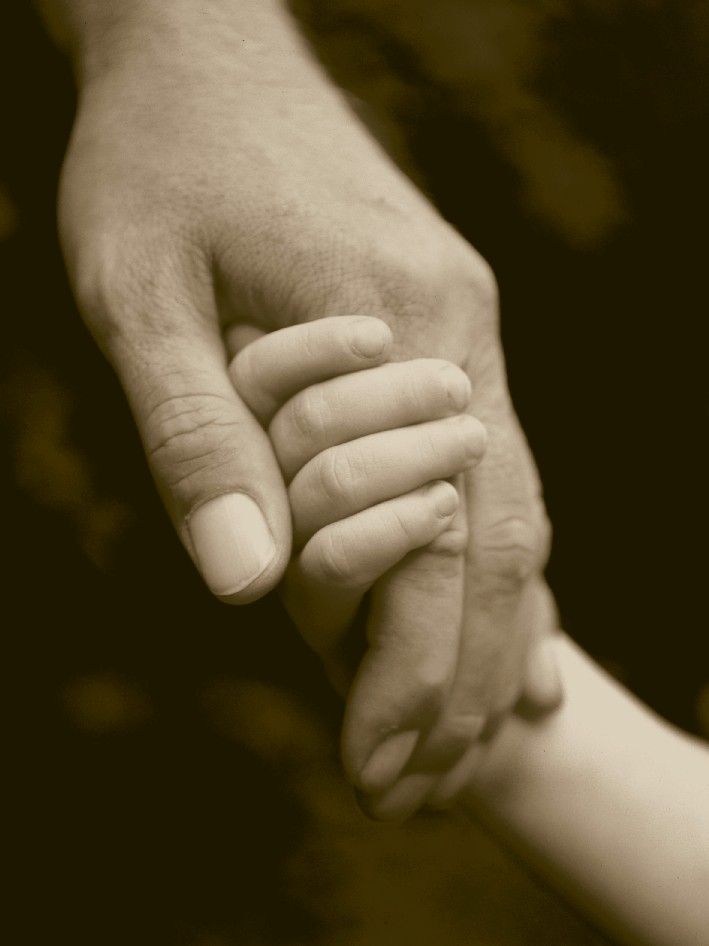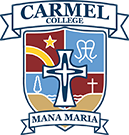Tena koutou katoa. Nga mihi nui atawhai.
‘Young people look to adults for guidance on how to react to stressful events such as COVID-19. Parents, caregivers, whānau and teachers will have a particularly important part to play in reassuring children at this time.
Young people will react to and follow your verbal and non-verbal cues. If you are able to stay informed and realistic, it will be easier for you to reassure children effectively as well.
Young people need factual, age-appropriate information about COVID-19 so that they can also feel informed and in control. They need to know how they can play a part in avoiding infection and the spread of virus.
They also need to feel that any fears that they may have can be talked about and addressed.’
This is the opening paragraph of the advice that the government agencies are making available to parents and schools to assist them with how they can provide support for our young people.
Link to advice on how to talk to young people about Covid-19
The online information also makes some important points about avoiding blaming others.
- Explain that sometimes people blame others for events they cannot control, but that this is not correct behaviour.
- Avoid stereotyping any one group of people as responsible for the virus.
One thing that we are finding is the negative influence that social media misinformation can have on young people’s level of anxiety in this situation. The advice is to ‘let your child know that a lot of COVID-19 information on the Internet may be based on rumours and inaccurate information.’
Be reassured that the college is carefully monitoring the evolving situation around Covid-19 and making sure we are following the advice of the government agencies, especially about personal hygiene and hand washing. We are also making sure that you, as parents, are updated with this information as we receive it.
‘No matter what you face in life, don’t let go of God’s hand’.

